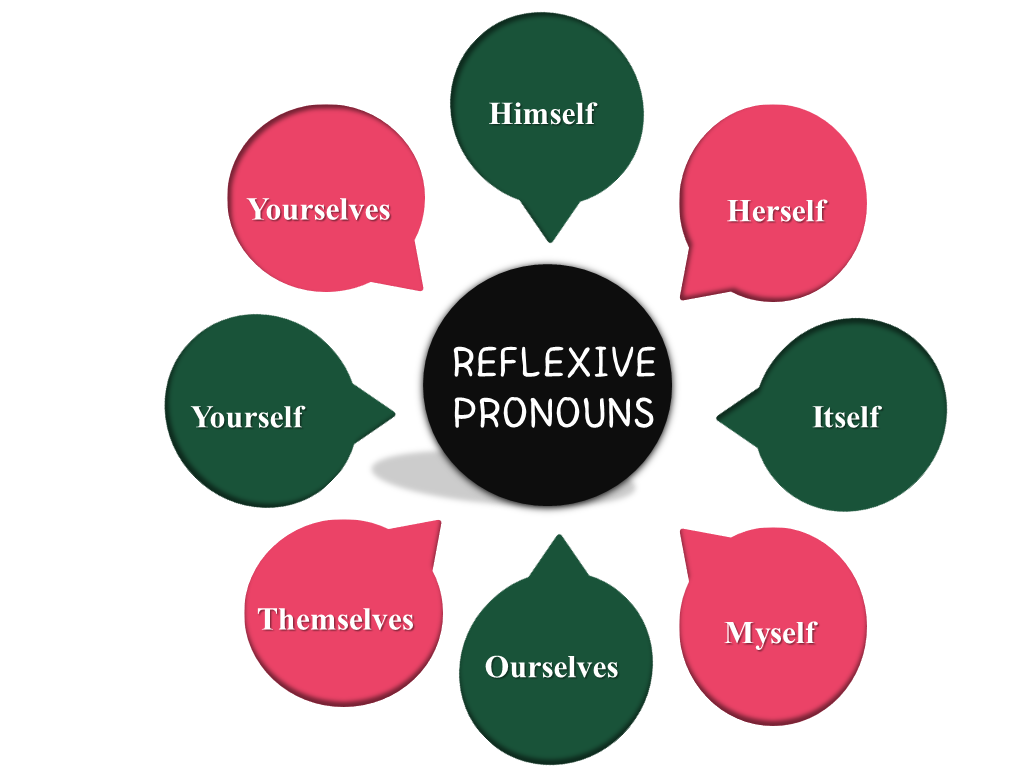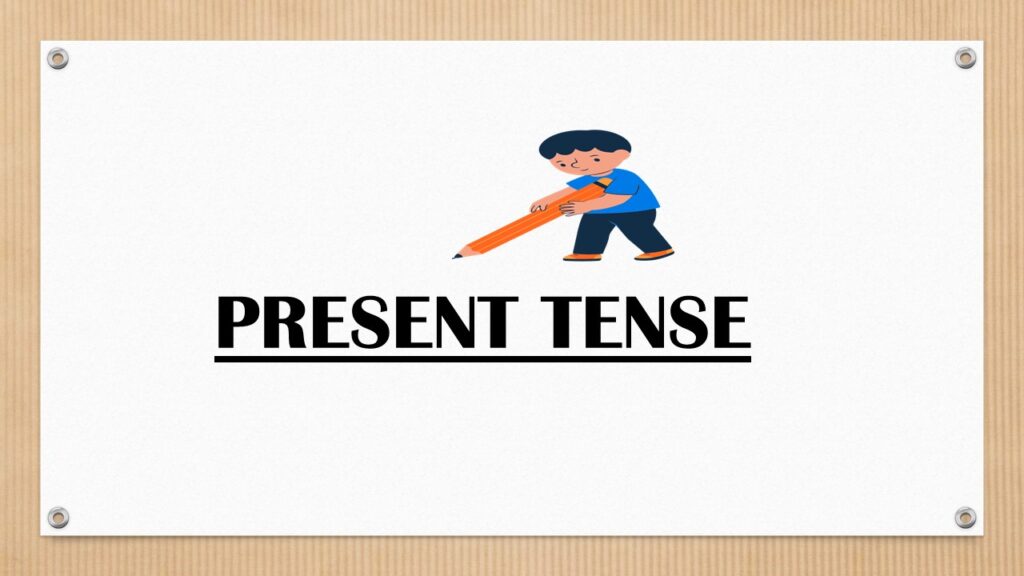Reflexive Pronoun
As we all know, pronouns are used to cease the recurrence of nouns. Whenever a person does some chores or creates something on his own, that time we use a few pronouns which indicate he has done that work on his own without anyone’s help. In that case, we have to use reflexive pronouns such as himself, herself, myself, and so on…… So, in this article, we will learn about the meaning, rules and examples of reflexive pronoun.
What is a Reflexive Pronoun?
When a person or a being given in the subject and object are identical in the sentence, reflexive pronouns are used as a verb for the object in that position to remove the recurrence of nouns or pronouns (whether it is a person or a being).
For example:
| Jinisha praised Jinisha. (Incorrect) | Here, we have to replace Jinisha which is placed after a verb with a pronoun because the subject and object are identical in the sentence. |
| Jinisha praised herself. (Correct) | In this sentence, we replaced “Jinisha” with “herself”. |
The reflexive pronouns are not used as a subject in the sentence.
These are placed after the verb in the sentence.
List of Reflexive Pronoun

Reflexive Pronoun Examples
Himself
Himself – used for masculine genders such as father, son, prince, boy, nephew, or male names (Pranav, Rahul, Deepak)
For Example
- My father bruised himself.
Himself – used for common genders (masculine or feminine) such as the painter, an employee, a student, the teacher, or the principal…..
If a specific gender cannot be recognized in the sentence, then ‘himself’ is used there.
Whenever we use ‘himself,’ nouns or pronouns should be singular.
For Example
- A student decorated the classroom board himself.
Herself
Herself – used for feminine genders such as mother, daughter, princess, girl, niece, or female names (Priyal, Deeksha, Minal)
For Example
- Seema prepared the speech herself.
Itself
Itself – used for an animal or non-living thing.
For Example
- The bird is fighting the eagle itself.
Myself
Myself – used for self.
For Example
- I adore myself.
Ourselves
Ourselves – used when there is the inclusion of the person who is speaking and others who are with him.
We use “Ourselves” as plural. Moreover, it is used with the pronoun “We” as a subject in the sentence.
For Example
- We pinned the notice ourselves.
Themselves
Themselves – used for the persons whom the speaker is pointing to others or we can say when the speaker is having a conversation about others, but there is no inclusion of the speaker.
We have to use “themselves” with “they” or plural nouns.
For Example
- They organized the entire party themselves.
Yourself
Yourself – used when the speaker is conversing about another individual and the entire sentence is about another individual.
We use “Yourself” for a singular person. Moreover, yourself is used with “you”.
For Example
- You had finished all the work yourself.
Yourselves
Yourselves – used for more than one person. In other words, we consider “yourselves” a plural noun or pronoun.
Moreover, yourselves is used with “you”. But here we consider “you” more than one person.
For Example
- You put yourselves in trouble.
Important Rules of Reflexive Pronoun
- Do not use apostrophes ‘s’ with a reflexive pronoun
Apostrophes ‘s’ don’t go with reflexive pronouns instead of that we can use “possessive adjective + own” to put emphasis on the subject in the sentence.
For Example:
She invests herself’s money in trading. (Incorrect)
She invests her own money in trading. (Correct)
- Do not use reflexive pronouns as a subject in the sentence.
As we know reflexive pronouns are used after the verb in the sentence.
For Example:
Ourselves painted the house in the summer. (Incorrect)
We painted the house in the summer. (Correct)
Practice Exercise
| 1. Fill in the blanks with a suitable reflexive pronoun: All of you consider ________________ brave. | (yourself, yourselves) |
| 2. Fill in the blanks with a suitable reflexive pronoun: I praised _____________. | (myself, itself) |
| 3. Fill in the blanks with a suitable reflexive pronoun: The sparrow is preparing the nest ______________. | (herself, itself) |
| 4. Fill in the blanks with a suitable reflexive pronoun: She solved the query ________________. | (herself, ourselves) |
ENGLISH-RELATED CONCEPTS:














